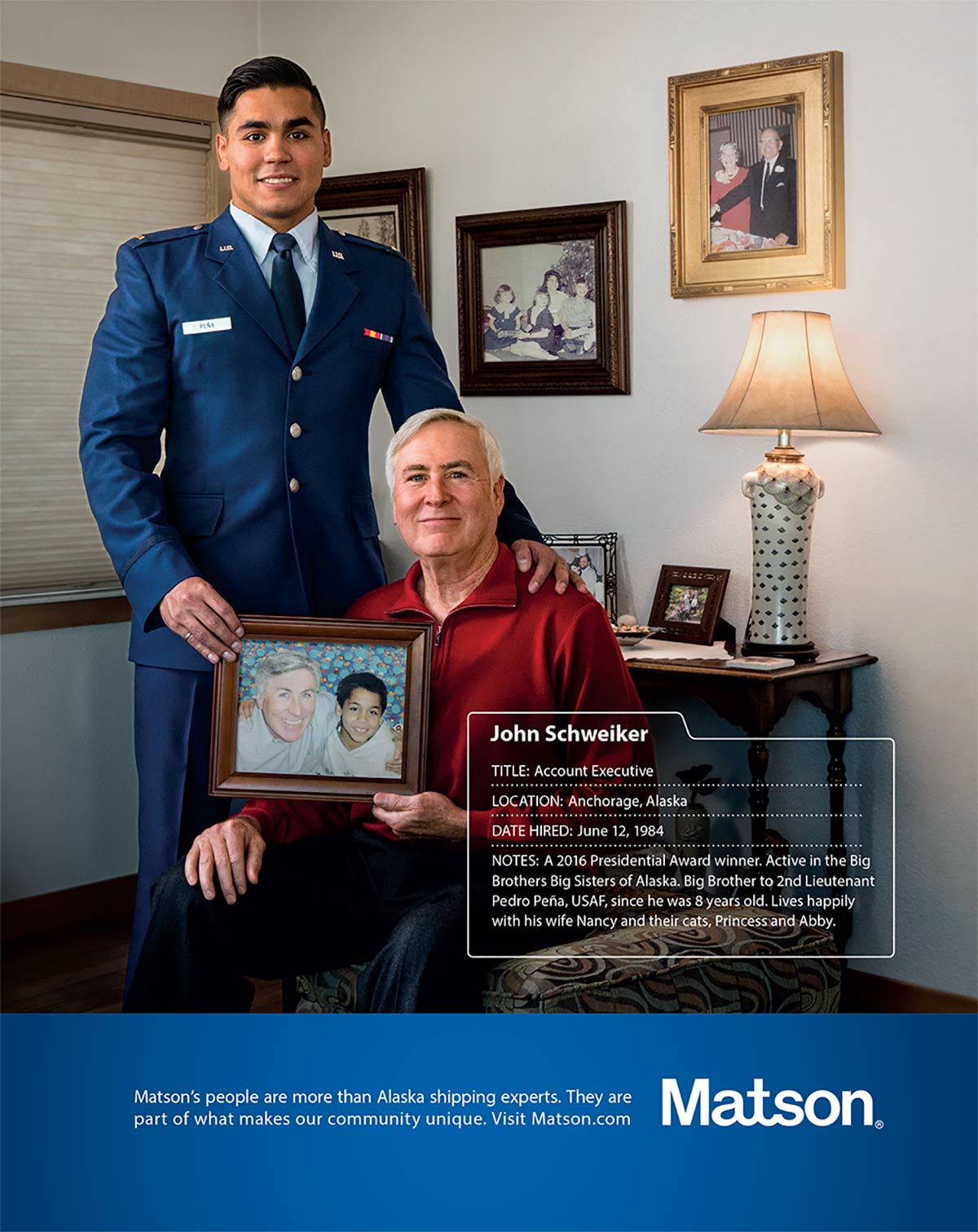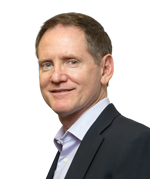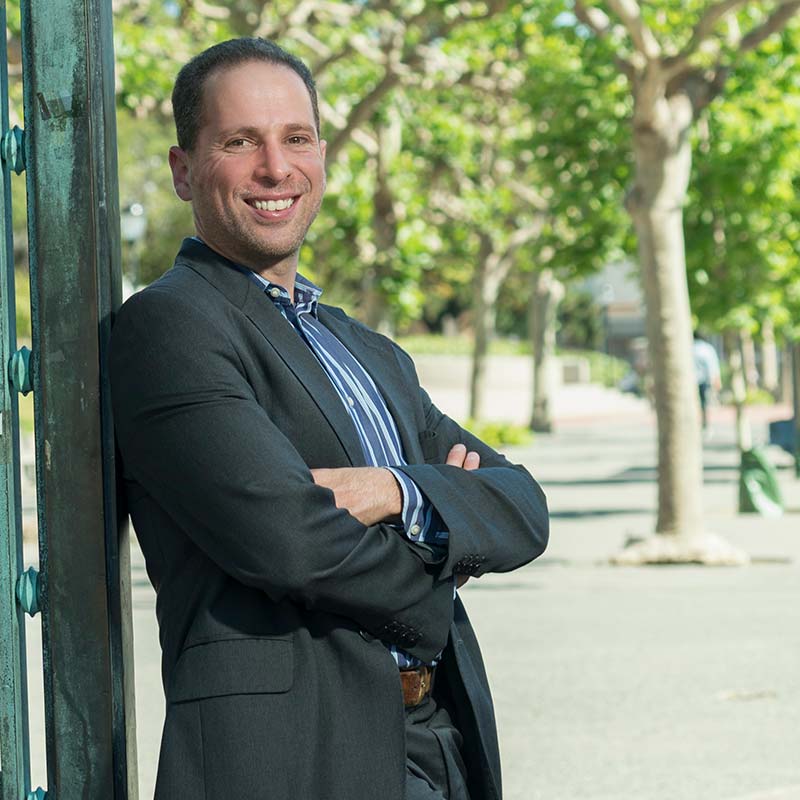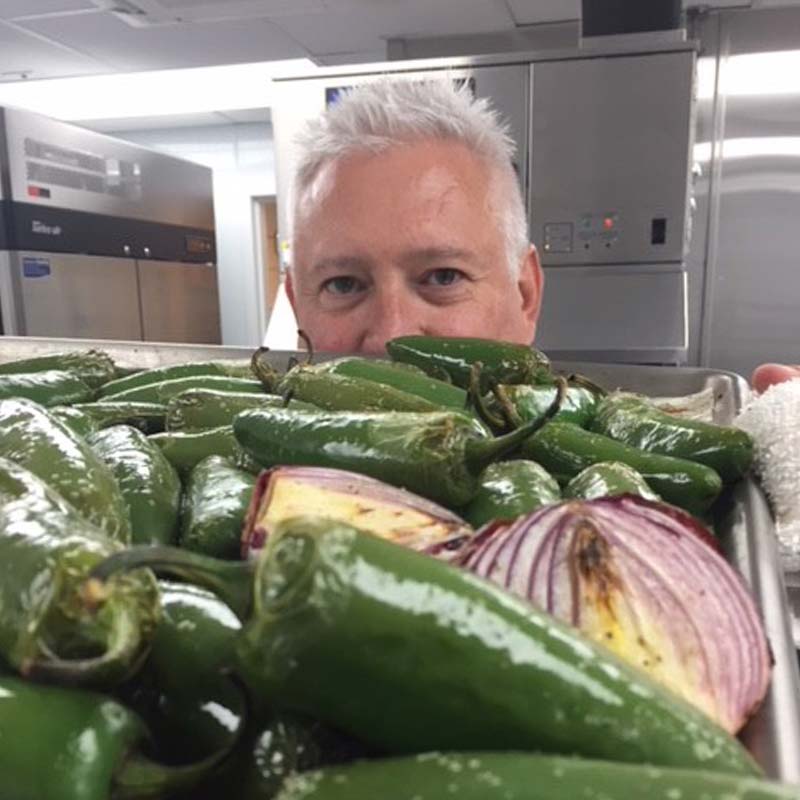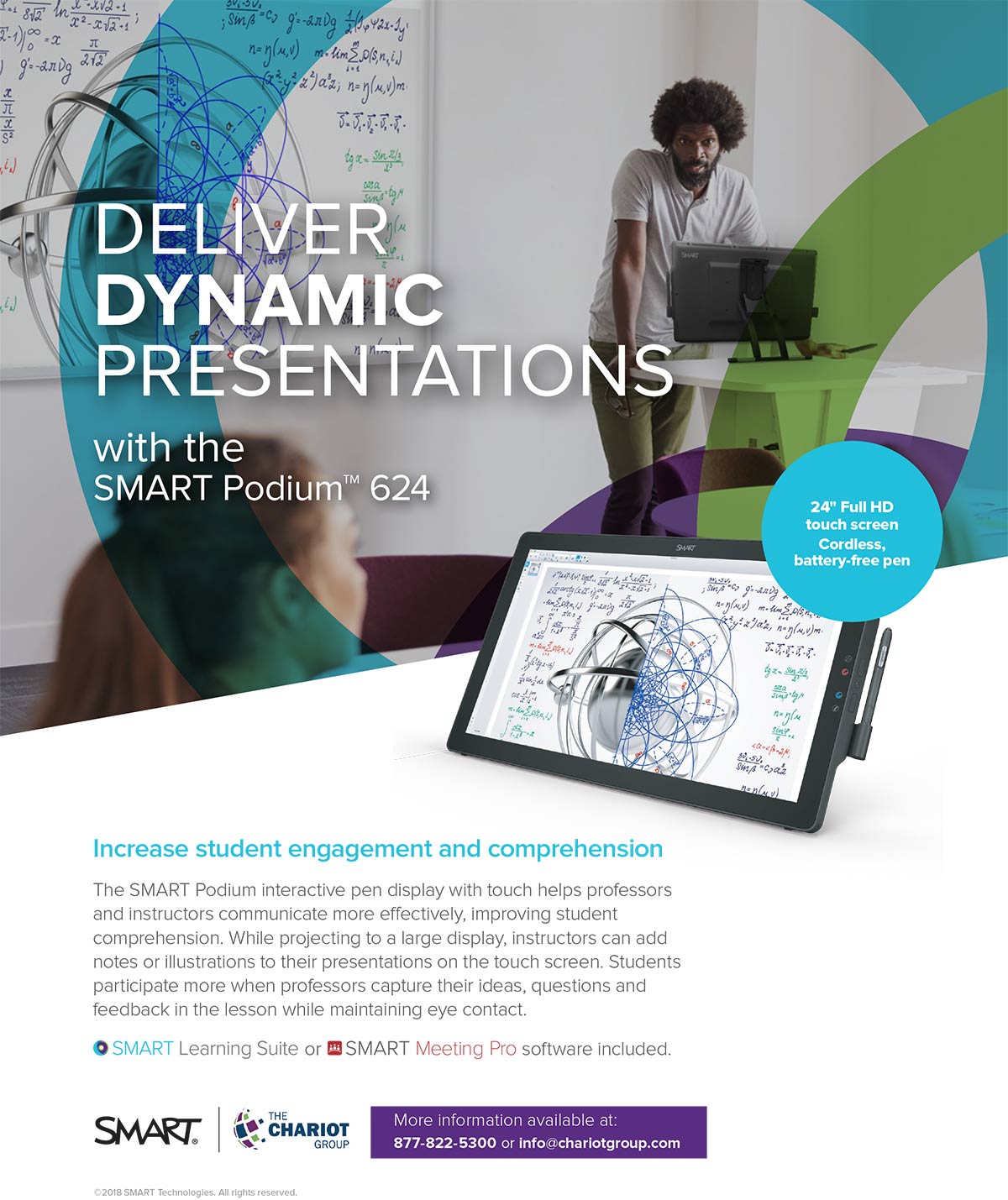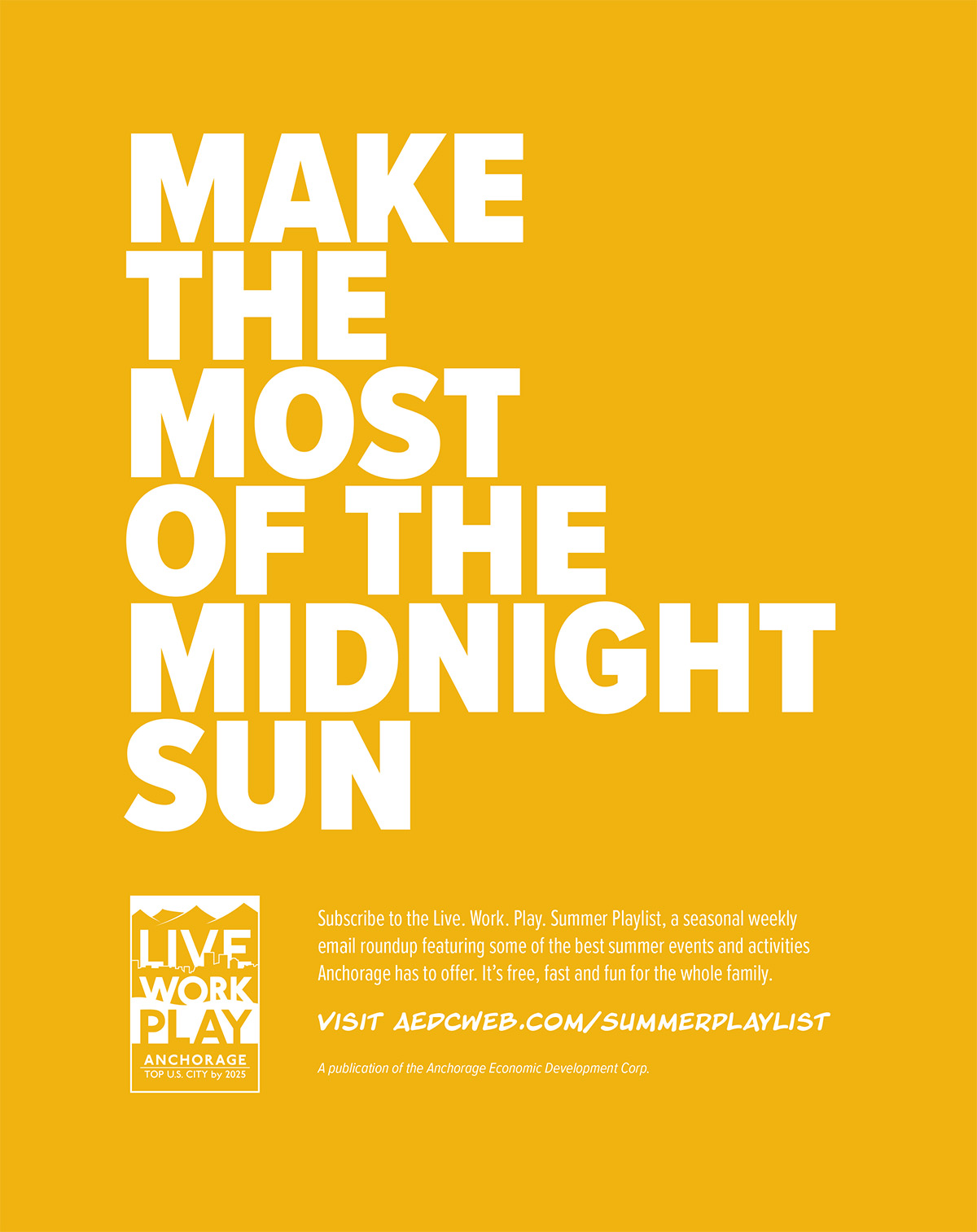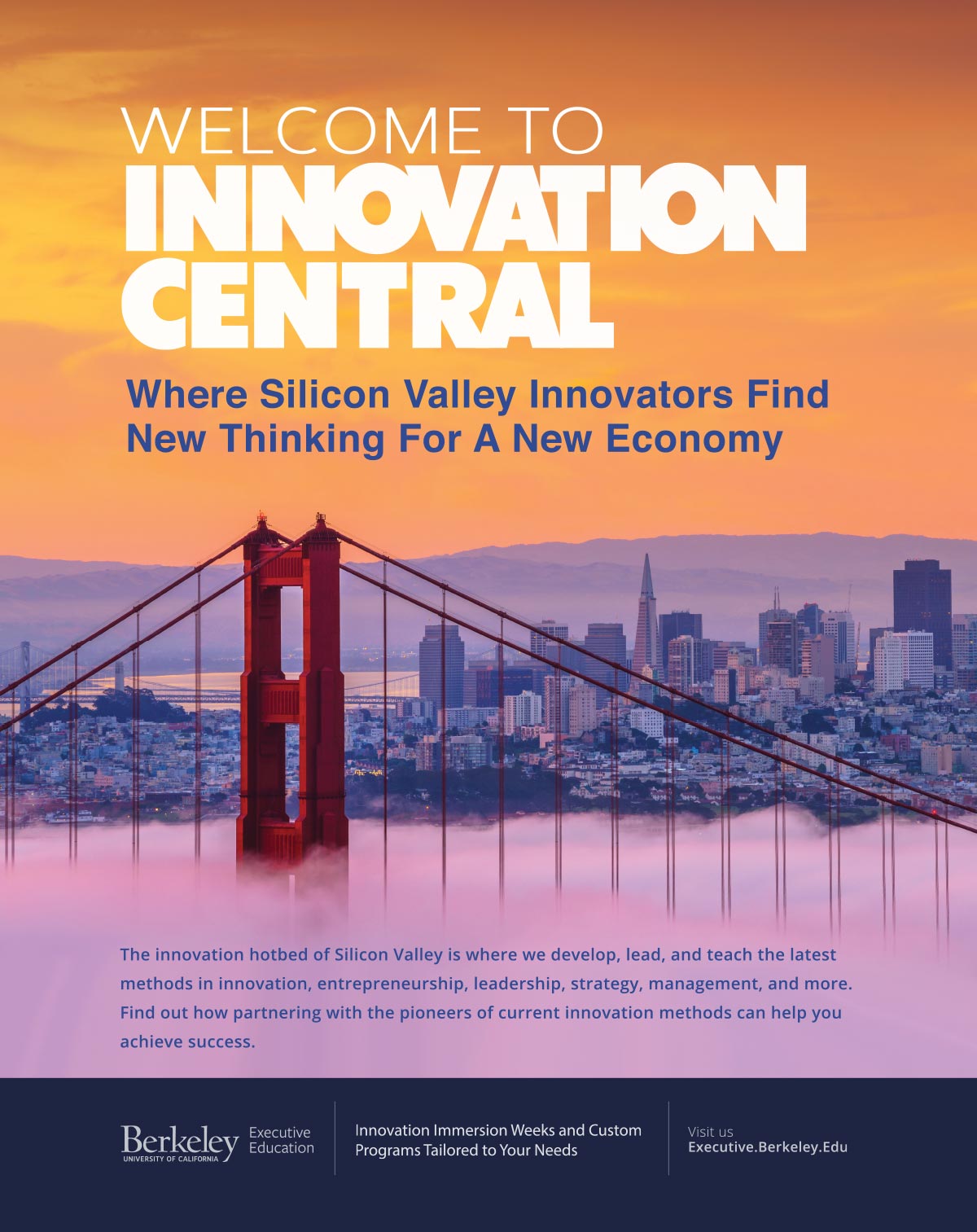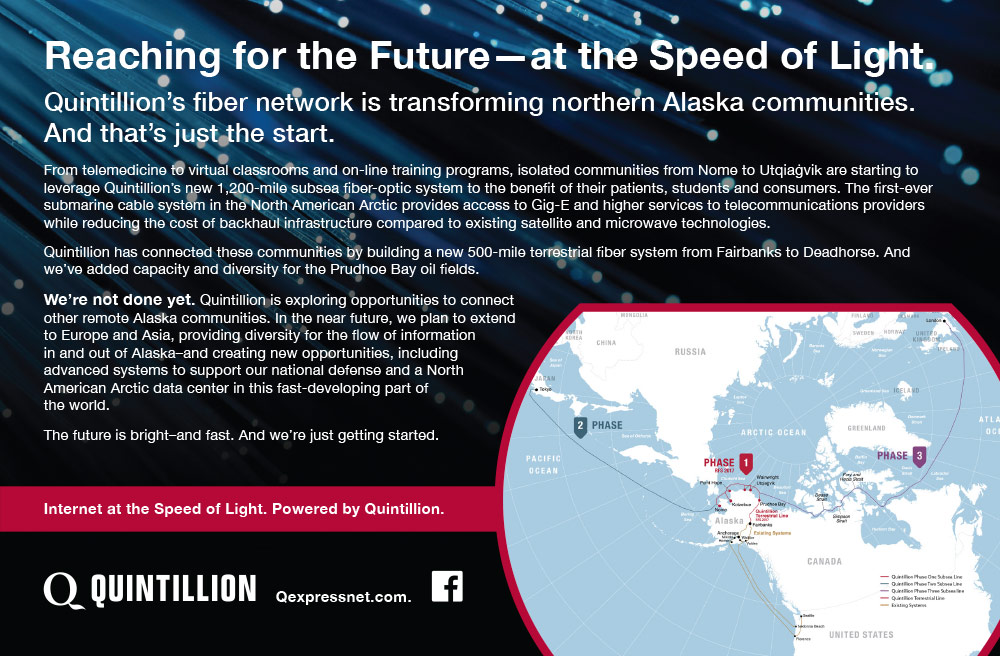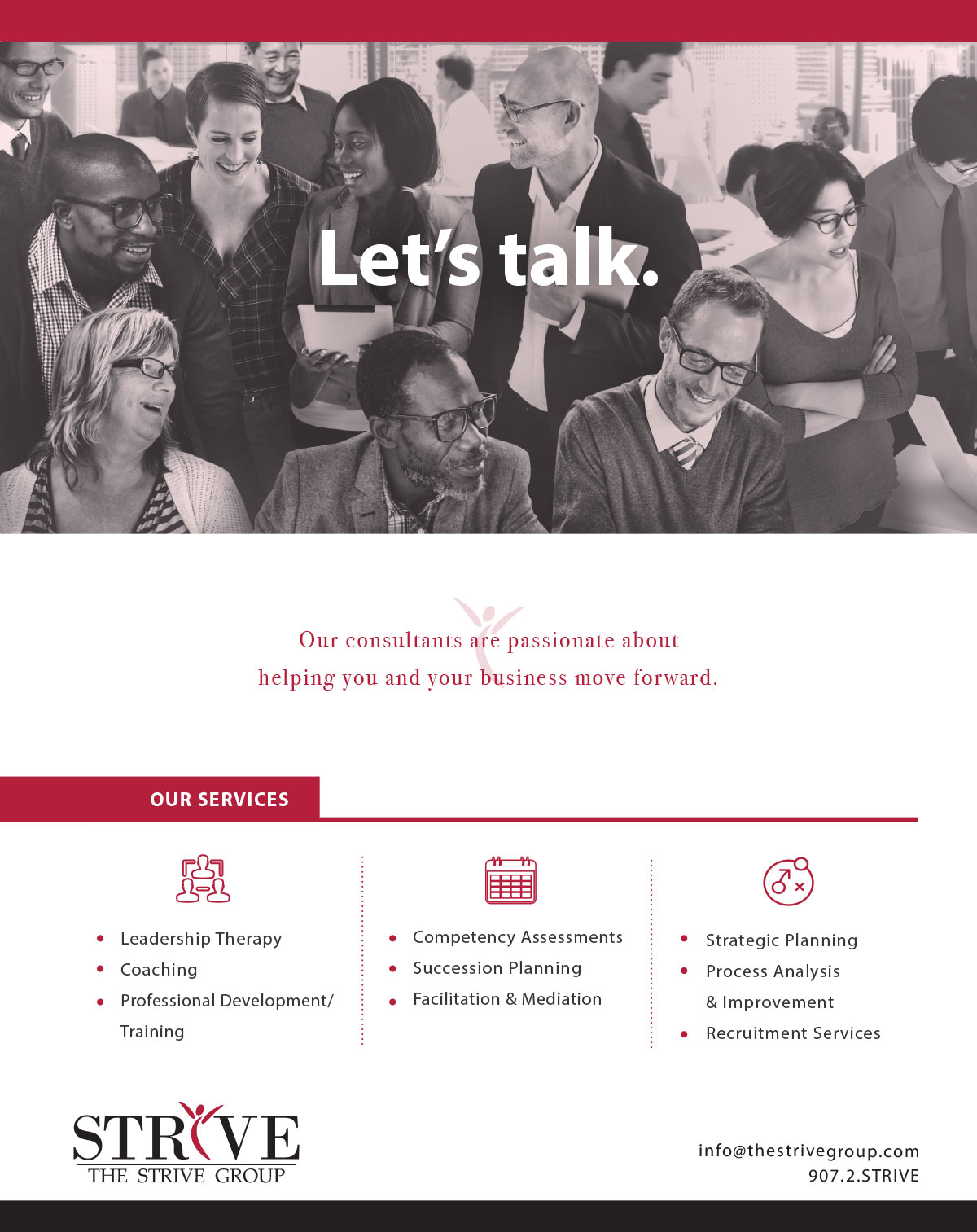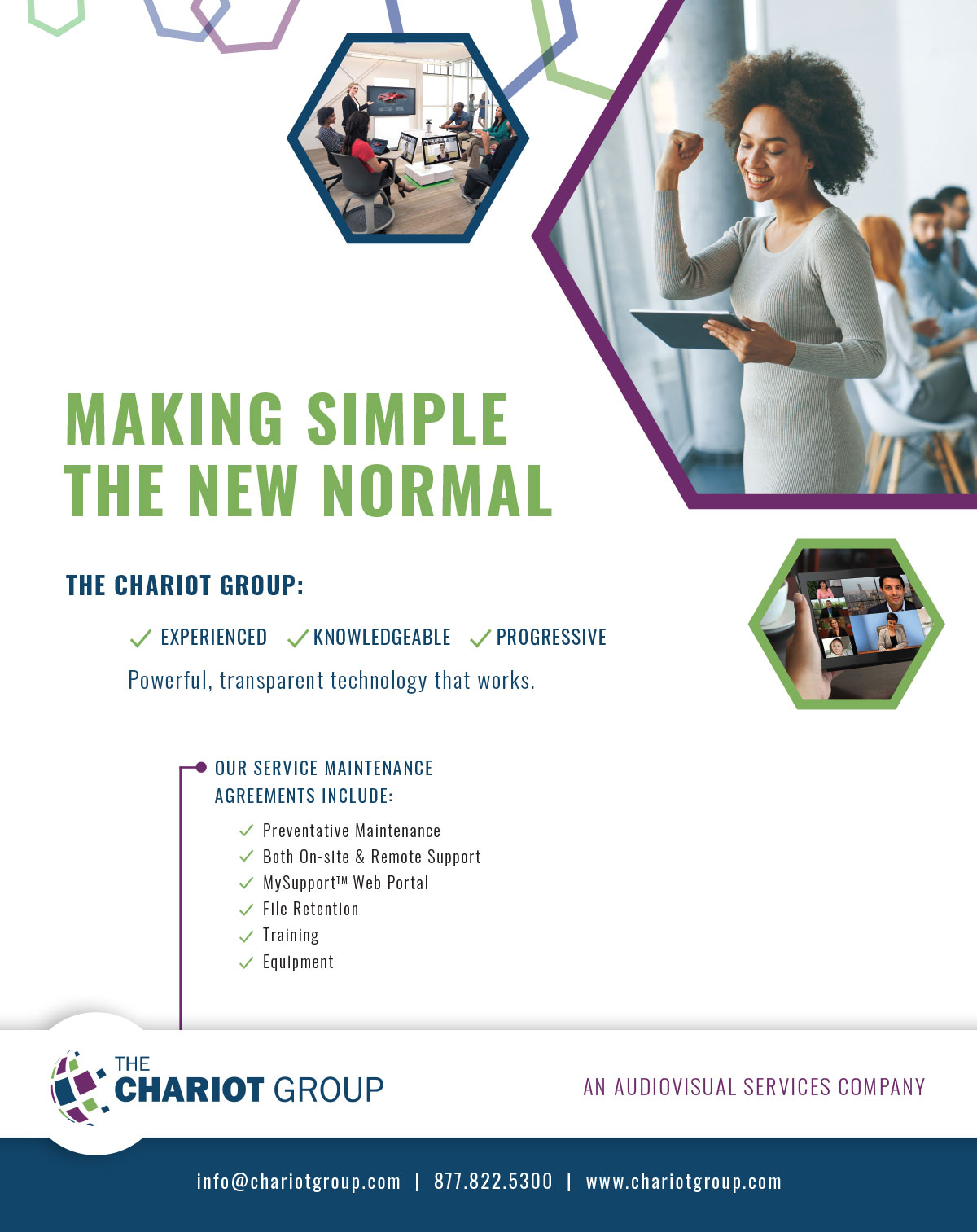
Jul-Sept 2018
An Invitation to Thinkers
“The positive thinker sees the invisible, feels the intangible, and achieves the impossible.”
– Winston Churchill
I am often asked: Who is STRIVE’s target audience? The answer is thinkers. Those who ponder the greater possibilities and imagine the previously unimaginable. Those who are driven to seek and manifest something better than the current circumstance. Their vision can be as simple as a community garden or as grand as a solution for global hunger, an idea for a new business or a way to transform an existing industry.
I prefer the term thinker over leader because while not everybody views themselves as a leader, few will deny they have ideas. Also, the term leader is too often confused with age, seniority, title, or wealth, none of which, in and of themselves, ensure an individual will be able to deal with the change and resulting possibilities that lie ahead. Moreover, many in such positions may resist change and preserve the status quo, defending the conditions that helped build their authority and success.
This issue marks the sixth publication of STRIVE, as well as the second anniversary of the magazine and its digital platform. Envisioned as a one-time marketing tool, STRIVE and its mission to share first-person stories of positive leadership and innovative solutions has grown well beyond the original idea.
That’s the magic of ideas. Rather than being diminished when shared, their power and potential expand exponentially when embraced by the enthusiasm of those who ultimately become their cocreators. This has been my experience when sharing the idea and intention of STRIVE. I have always known the enthusiastic and positive masses outweigh those with a negative view. However, I never truly appreciated to what extent until I began to share STRIVE’s vision: to create a platform that aggregates and gives voice to positive experiences and innovative ideas from thinkers of all backgrounds.
There was a time when people and their ideas were separated by geographical barriers, natural and man-made. That is no longer true. Barriers have been removed and communication time compressed. Today, our world is a smaller place. An individual can quickly and easily communicate their ideas to one person or millions through a global network at the speed of light. It is STRIVE’s mission to take advantage of this transformation and to promote a conversation that will advance ideas for positive change and connect those ideas with their cocreators.
The STRIVE platform currently engages thinkers throughout North America, as well as in 29 countries, and continues to grow. Please consider this your invitation to join the conversation.

JUL – SEPT 2018
Editor
Nance Larsen
Cover & Cover Story Photos
Jim Block
Visualizers
Jeanette Hamje
Rejoy Armamento
Administration
Karin Norgard
Publisher
Rick Thomas
Published By
The STRIVE Group
Sales
sales@thestriveproject.com
907.278.7483
Copyright © 2018
The Strive Group, LLC
All rights reserved.
![]()
Subscribe to the magazine:
thestriveproject.com/subscribe
Contents
By Ori Brafman
Co-founder
Fully Charged Institute
By Amy Fredeen
Connecting the past, present and future.
By Dr. Amir Ullah Khan
Why we need a revolution for how we treat our very young.
By Dr. Matthew Hirschfeld
Investing in the future.
Creativity Paves the Way to Self-Sufficiency
By Amy Fredeen
If you had told me 17 years ago when I came to work for Cook Inlet Tribal Council (CITC) that one day I’d be talking about how to create the world’s first indigenous-developed video game, I never would have believed you. I also could never have predicted that this game, based on an Iñupiaq story and narrated in the language of my ancestors, would grow from CITC’s focus on social enterprise.
But that’s what happens when you work for an organization that’s committed to self-sufficiency: You get creative.

Consciousness Crisis – A Call for Evolutionary Leadership
By Michael Ryder
Most of us recognise the obvious – that the world is undergoing a period of dynamic disruption driven by many factors, including technology, globalization, and the current transition into the “imagination age”… a paradigm shift requiring significant transformation.
An imperative for the success of any significant transformation is leadership. The World Economic Forum Global Outlook Agenda in 2013 noted, “Leadership remains the biggest challenge of all for 2013 and beyond.”
Few would argue the difficulty we are still experiencing in delivering effective leadership in both business and politics.

Photos provided by Alyeska Pipeline Service Company
Timeless Leadership Qualities
Adapting for success in the new workplace
By Admiral Tom Barrett
“Whatever you are, be a good one.” – President Abraham Lincoln
We live in an amazing era, marked by rapid economic and social change, fantastic technological advances, and dynamic business opportunities. Simultaneously, faith in institutions is eroding and the future is uncertain. This poses great challenges for any leader who must meet high stakeholder expectations and deliver results marked by improvement and innovation.
According to Edelman, an organization that has measured institutions for 18 years and presents its findings with its Trust Barometer, trust in our institutions is at an all-time low. However, this same research reports growing trust in CEOs and expert voices. This is a time of great opportunity for leaders to deliver positive impacts.

Focusing on Primary Education
Why We Need a Revolution for How We Treat Our Very Young
By Dr. Amir Ullah Khan, PhD
The silence
What is our biggest development challenge today? This is my favorite question to ask my economic policy class, one that I teach around the world to various age groups in different cultural settings. The answers I hear include the various problems the world is facing today: poor quality healthcare, falling standards in education, malnutrition and obesity, global warming, climate change, energy security, terrorism, migration, corruption, governance, trade wars, geopolitics, and increasing sub-nationalist tendencies. This list could go on and cover most issues facing both the developed and the developing world.

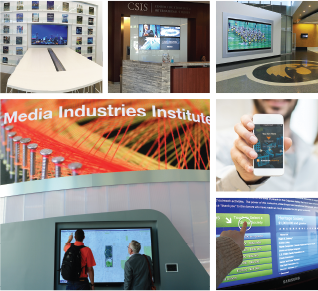
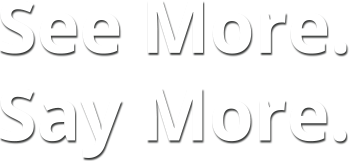
Our digital signage software, interactive designs and room booking solutions help motivate your audience, so your communications can make a difference. Engage viewers with announcements, event schedules, wayfinding and more using easy templates, widgets and data-mapping tools.
- AxisTV Signage Suite content management software is scalable, flexible and user-friendly.
- Award-winning interactive designs invite your audience to participate.
- Interactive and e-paper room signs help you manage shared spaces more efficiently.
Ori Brafman is a multiple New York Times best-selling author. His new best seller, Radical Inclusion: What the Post-9/11 World Should Have Taught Us About Leadership, examines today’s leadership landscape and argues that inclusion is no longer a “nice-to-have” but a strategic imperative in the digital world.
Born in Israel and raised in Texas, Brafman specializes in unique approaches to problem solving. His ideas have been implemented by the U.S. government, Google, Microsoft, Cisco, Intel, the NBA, the NFL, Amazon, Facebook, Family Business Network, and PWC. He has advised all branches of the U.S. military, the Obama White House, and the Joint Chiefs of Staff.
Brafman is a Distinguished Teaching Fellow at UC Berkeley’s Haas School of Business and co-founder of the Fully Charged Institute. Ori holds a BA in Peace and Conflict Studies from UC Berkeley and an MBA from Stanford University’s Graduate School of Business.
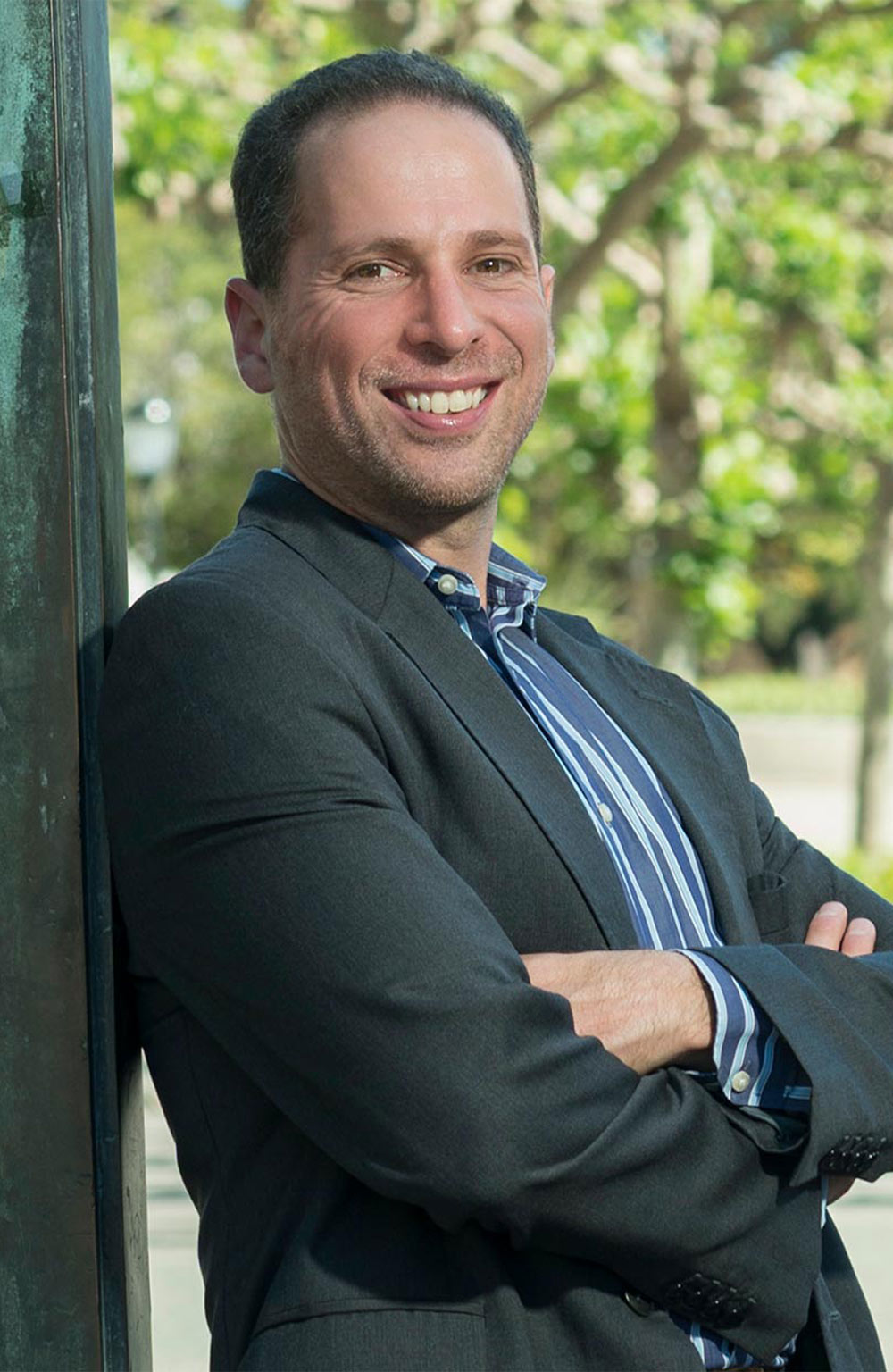
Ori Brafman is a multiple New York Times best-selling author. His new best seller, Radical Inclusion: What the Post-9/11 World Should Have Taught Us About Leadership, examines today’s leadership landscape and argues that inclusion is no longer a “nice-to-have” but a strategic imperative in the digital world.
Born in Israel and raised in Texas, Brafman specializes in unique approaches to problem solving. His ideas have been implemented by the U.S. government, Google, Microsoft, Cisco, Intel, the NBA, the NFL, Amazon, Facebook, Family Business Network, and PWC. He has advised all branches of the U.S. military, the Obama White House, and the Joint Chiefs of Staff.
Brafman is a Distinguished Teaching Fellow at UC Berkeley’s Haas School of Business and co-founder of the Fully Charged Institute. Ori holds a BA in Peace and Conflict Studies from UC Berkeley and an MBA from Stanford University’s Graduate School of Business.
Facing Our Fears:
Taking the First Step in Innovation and Business Transformation
By Ori Brafman
I got the call from my mom a little before midnight. My dad had fallen — the untreated skin cancer on his face was bleeding profusely, and he’d lost so much blood he’d passed out.
Through the past few years, my brother and I had pled with our dad to go see a doctor, but the response was always a litany of reasons why the medical establishment couldn’t be trusted. Instead he tried to find a cure through a variety of alternative and home-brewed treatments, everything from strange diets to enzymes to oils made from rare seeds and cannabis.

Investment in America’s Infrastructure Begins with Young Children and Their Families
By Dr. Matthew Hirschfeld, MD, PhD
The Costs of Not Getting Brain Development Right the First Time
As a society, America has grown to have more awareness and understanding of the effects of adversity on our population’s health, and we now have access to evidence-based programs that have been shown to improve the wellness outcomes of children and their families. If all Americans commit to investing in the most crucial infrastructure to the future health of the United States (U.S.) — families with infants and young children —our newest generation of children will grow up ready to realize all of their potential.

The Psychology of Finance
By Alex Slivka
“…An uncertain path from one paradigm to another.”
– Innovation as defined by Thomas Kuhn,1962.
Change has transformed financial markets in my lifetime. We have seen dramatic changes in the way people invest their money and how those investments are measured and constructed.
In the beginning
I attended college 35 years ago (1978-82), graduating with a degree in economics and an interest in financial markets and psychology. These years were notable for the volatility of markets and economies both in the United States (U.S.) and across the globe.

Your Humble Servant, The CEO
By Emmanuel Tchividjian
The term “leadership” is relatively new. According to the Oxford English Dictionary, the word can be traced back only as far as the 19th century. But today, leadership is a hot topic. Amazon offers 300,000 books with the word “leadership” in the title. It seems that most everyone wants to be a leader, or at least be perceived as one. Achieving leadership status demands respect, carries panache, and undoubtedly satisfies one’s ego.
The most frequent question asked when discussing leadership is whether leaders are born or made. A recent research study by the University of Illinois suggests that leadership is 30 percent genetic and 70 percent lessons learned by life experiences.1 The consensus today is that there are indeed some in-born characteristics that predispose people to become leaders.

Are You a Thinker or a Feeler?
By Denali Daniels
On a cold and rainy Tuesday last winter at the Crowne Plaza hotel in downtown Seattle, I stood with 10 other “Thinkers” waiting for instructions. Eight “Feelers” stood on the opposite side of the room near the leftover cinnamon rolls from breakfast. Earlier that morning, we had identified our best-fit Myers Briggs personality type, and we were now learning about type differences.


 The Art of Asking
The Art of Asking
By Archana Mishra
Many of us are uncomfortable asking for what we want. We either fear rejection or want to avoid being viewed as incapable of doing something by ourselves. But I believe that “making an ask” is a powerful way for us to connect with people.
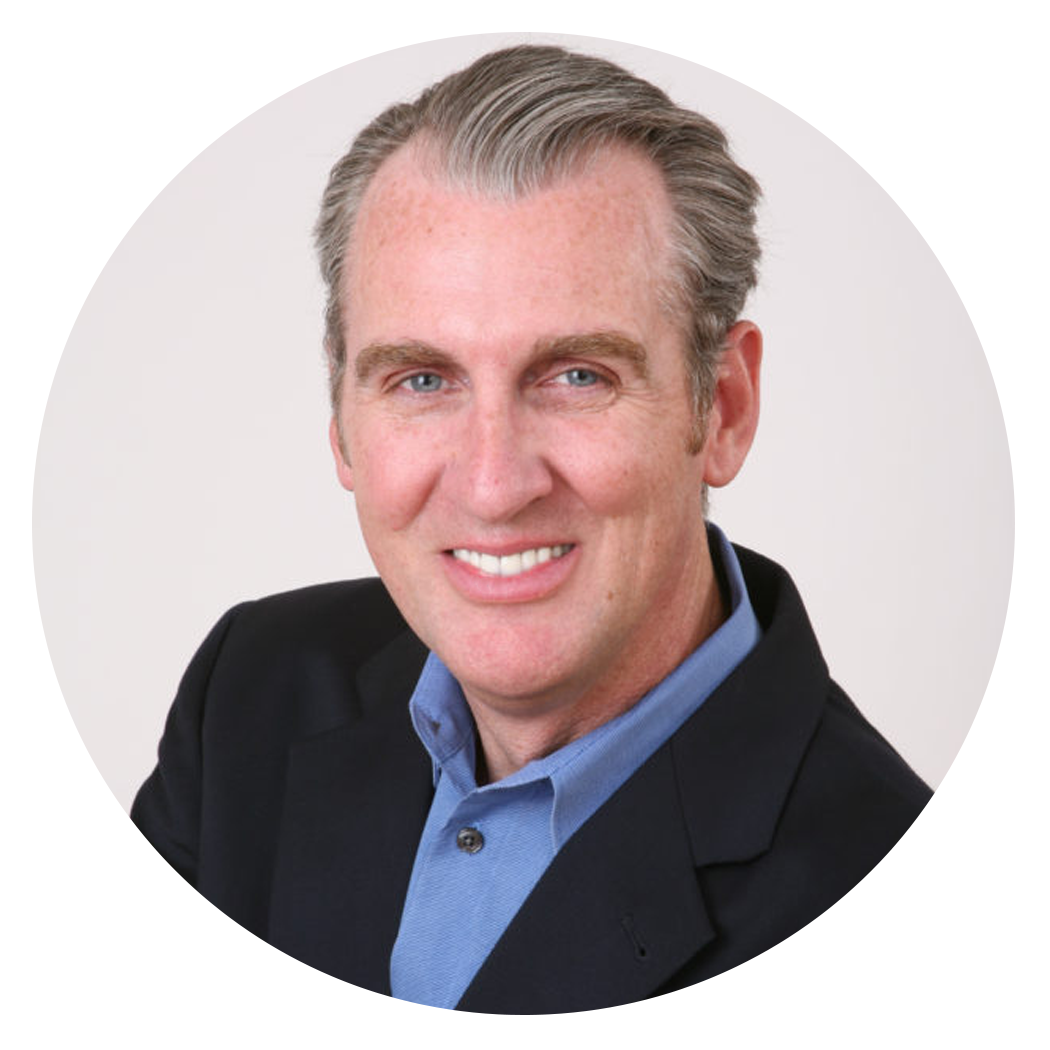 The Importance of Increasing Your “KLT Factor”
The Importance of Increasing Your “KLT Factor”
By Kevin Knebl
All things being equal, people will do business with and refer business to those people whom they know, like, and trust. If you’ve been in business for any length of time you’ve probably heard this saying before.


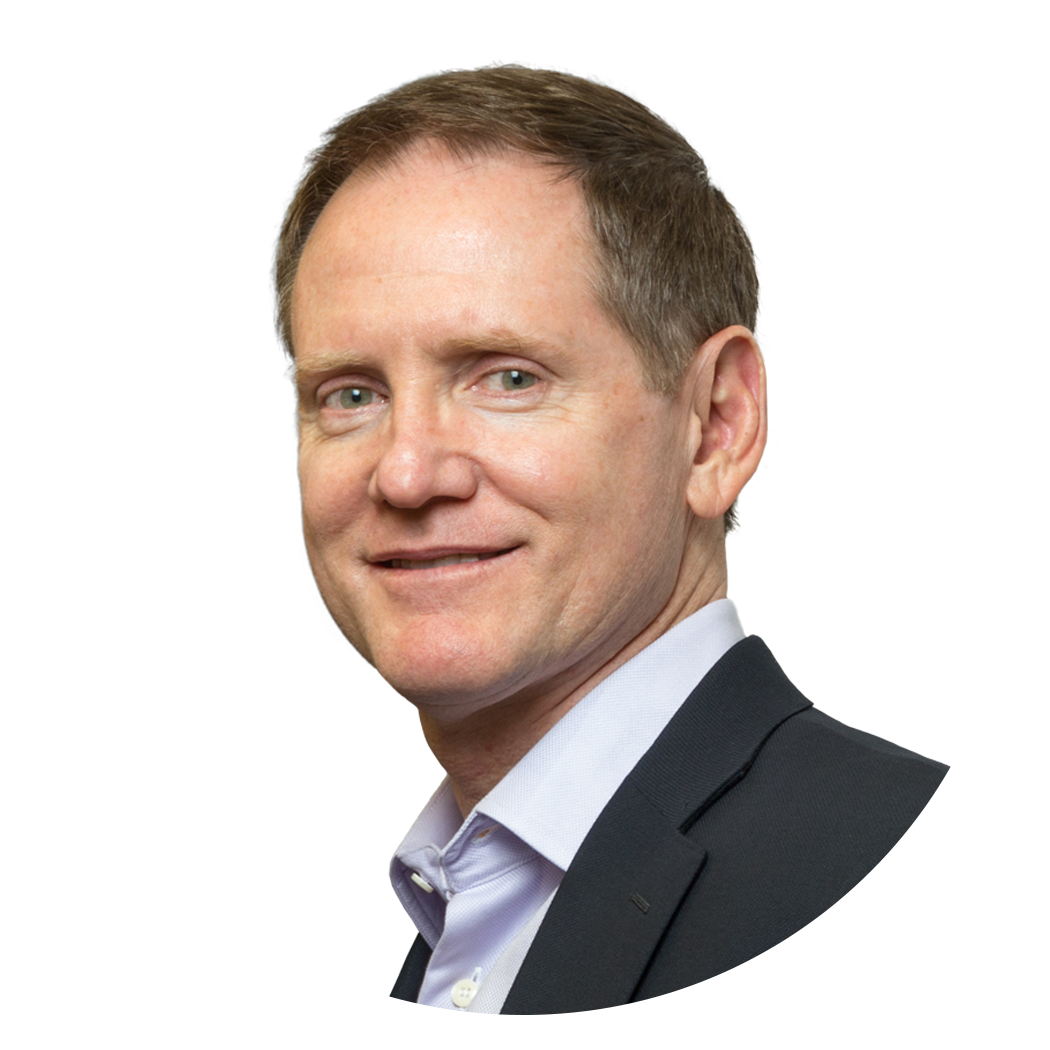 Leadership, Sustainability and Legacy
Leadership, Sustainability and Legacy
By Rick Thomas
What is Leadership? Like a rock in a tumbler, this question continuously rolls around in my mind as I work to polish off the rough edges. What intrigues me is the importance of sustainability as a core leadership value.
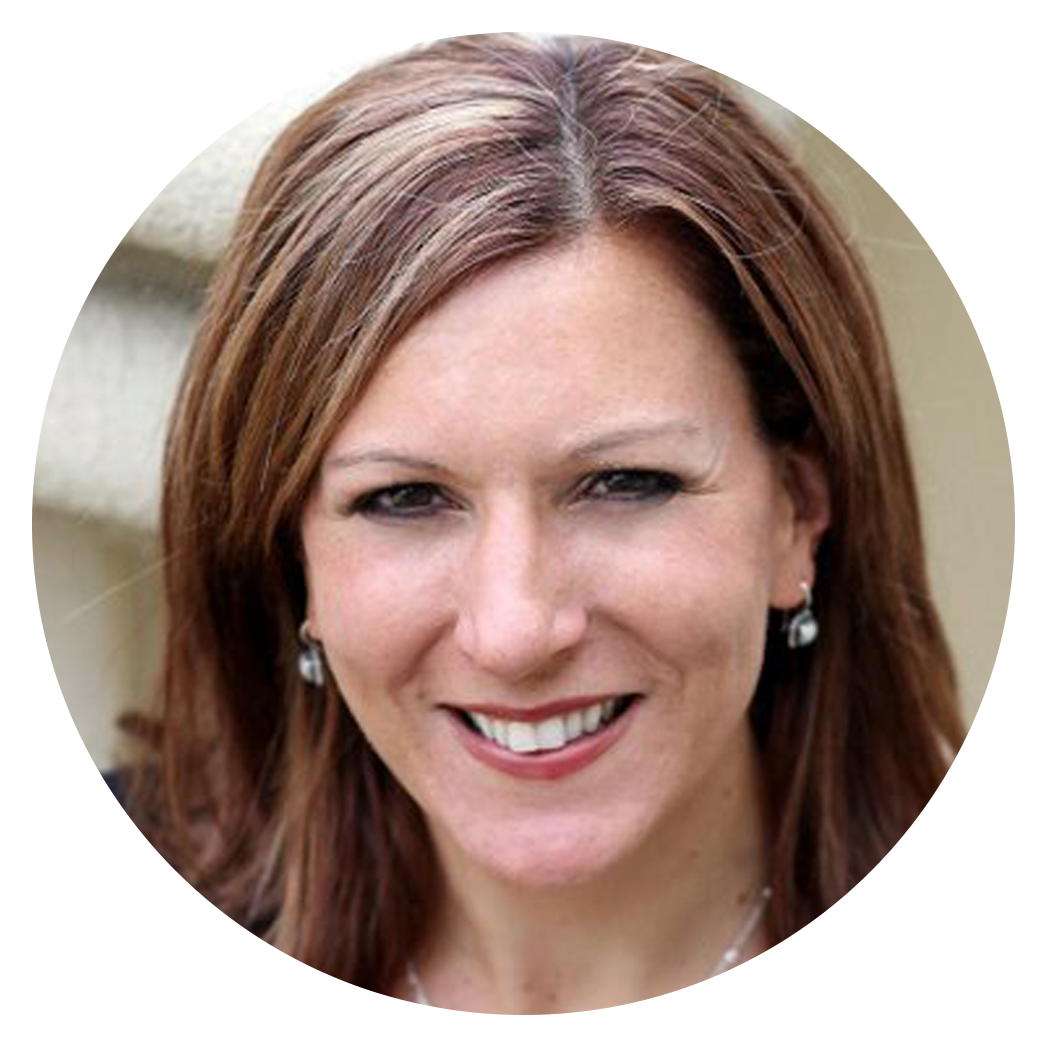 Machines Will Rule the Workplace? Not So Fast…
Machines Will Rule the Workplace? Not So Fast…
By Jennifer Payne
There’s no arguing that we’re in an era of unprecedented technological advancement. When I look back on when I started my career just out of college…and think about how much…has changed over that almost two decades, it’s pretty remarkable.



The Art of Asking
By Archana Mishra
Many of us are uncomfortable asking for what we want. We either fear rejection or want to avoid being viewed as incapable of doing something by ourselves. But I believe that “making an ask” is a powerful way for us to connect with people.


The Importance of Increasing Your “KLT Factor”
By Kevin Knebl
All things being equal, people will do business with and refer business to those people whom they know, like, and trust. If you’ve been in business for any length of time you’ve probably heard this saying before.


Leadership, Sustainability and Legacy
By Rick Thomas
What is Leadership? Like a rock in a tumbler, this question continuously rolls around in my mind as I work to polish off the rough edges. What intrigues me is the importance of sustainability as a core leadership value.


Machines Will Rule the Workplace? Not So Fast…
By Jennifer Payne
There’s no arguing that we’re in an era of unprecedented technological advancement. When I look back on when I started my career just out of college…and think about how much…has changed over that almost two decades, it’s pretty remarkable.
The Secret Ingredient: Feedback
By Broc Thomson
People always ask me, “Hey Chef, what’s your specialty?” or “Hey Chef, what’s your favorite thing to make?”
When I answer, “Whatever is local, fresh, and in season,” typically they will say, “No, you don’t understand. What is YOUR favorite thing to cook?”
At this point they do not want to hear my answer because they have formulated their own romantic fantasy idea of a response they believe a chef should share with them. If I were to say, “lobster thermidor with octopus ink pappardelle, baby fiddle head ferns with caviar champagne gastrique,” they would make Fuh fuh fuh sounds and say Buddah. This is what they want to hear, because they see it on television.

Thanks for reading our Jul-Sept 2018 issue!

